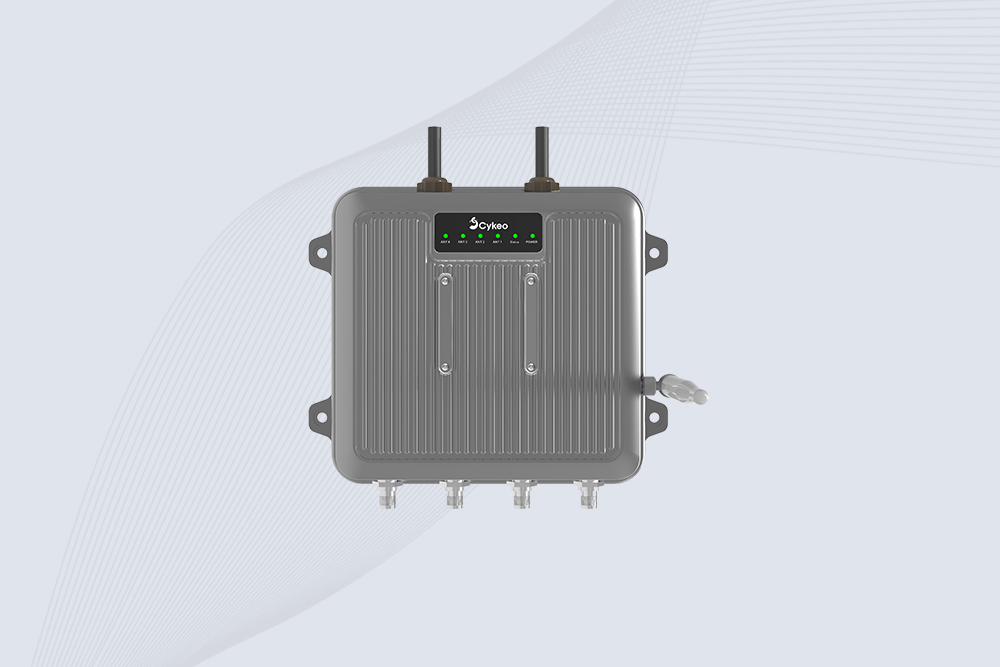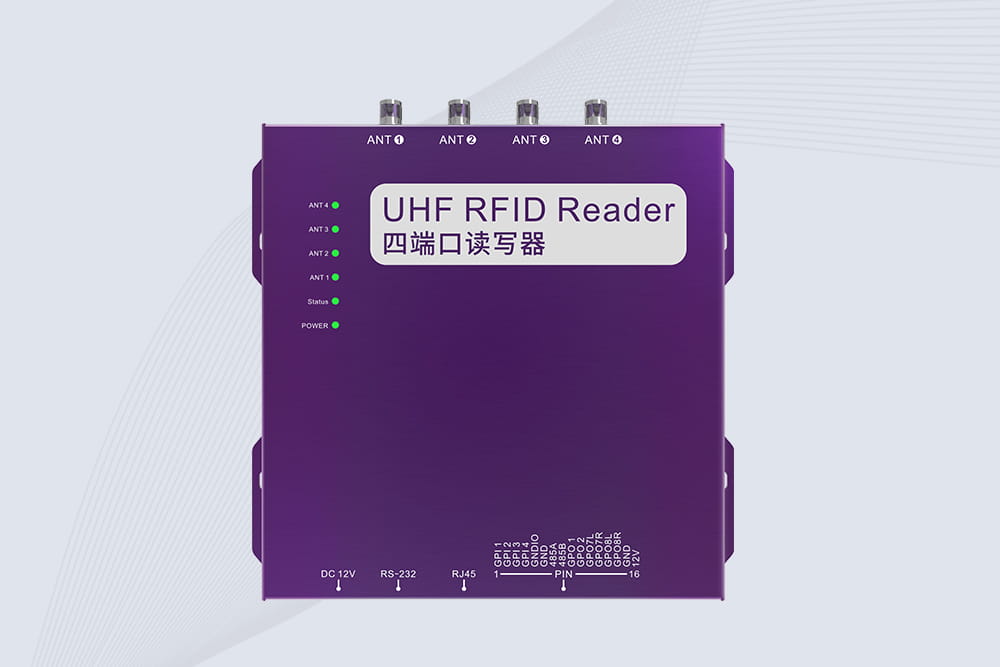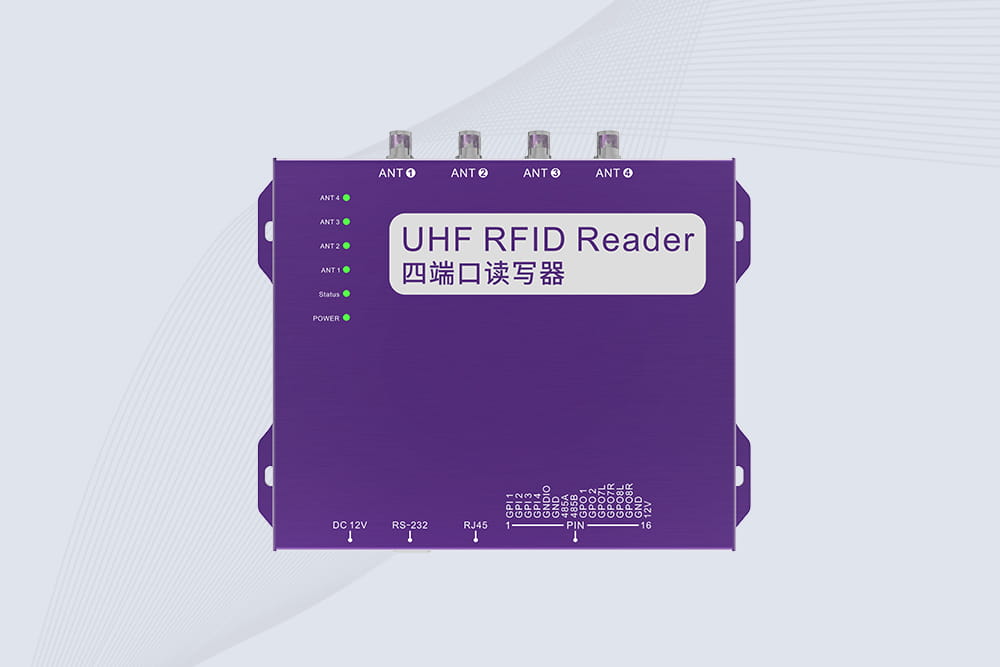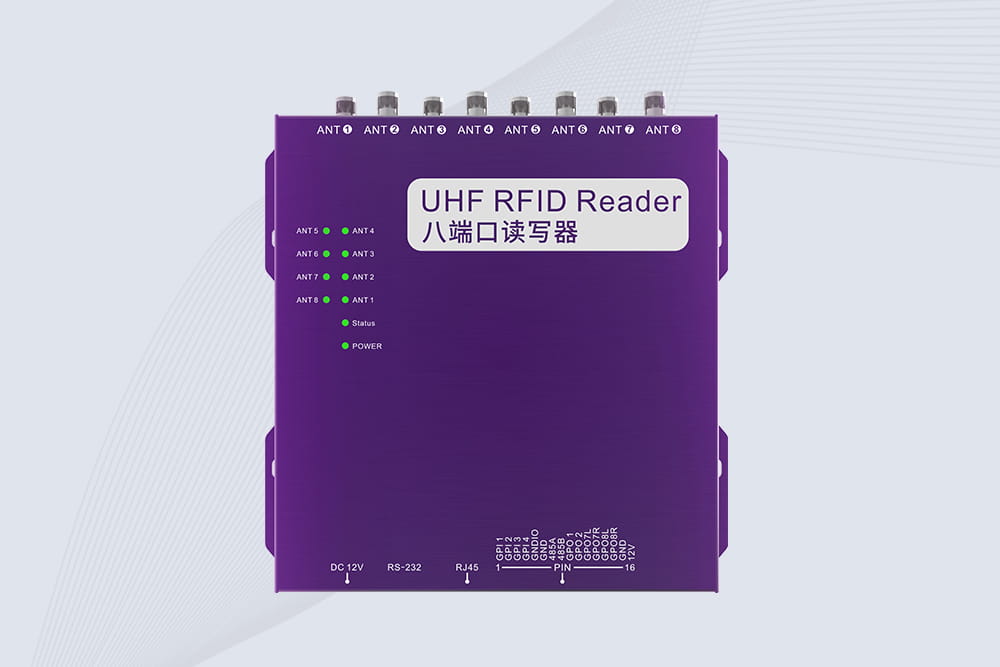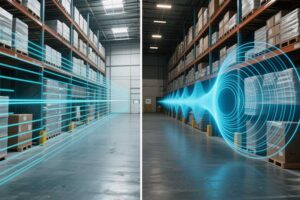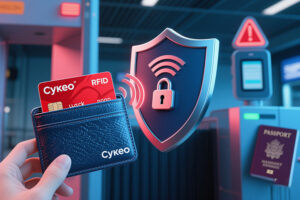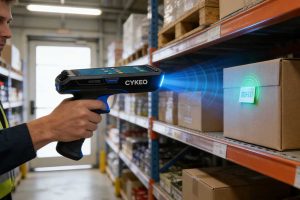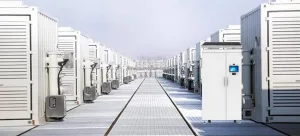IoT-Based Smart Parking System Using RFID,How Technology Is Changing Parking
Parking has become a headache in most cities today. With more cars on the road, finding a spot often turns into a stressful experience. That’s where IoT-based smart parking systems using RFID come in—they aim to make parking smoother, faster, and less frustrating.
What Is an IoT-Based Smart Parking System with RFID?
At its core, this system uses IoT devices and RFID tags to track parking spaces and vehicles. Every parking spot and car can have an RFID tag, which helps the system know exactly which spots are free or occupied. Through IoT, this information is sent in real-time to a central system that can share it with drivers via an app or digital boards. The goal? Save time, reduce congestion, and make parking more efficient.
What Makes These Systems Useful?
- See Parking Spots in Real-Time
Thanks to sensors and RFID, drivers can know immediately if a spot is available. No more driving around endlessly. The system senses when a car enters or leaves a space and updates the availability instantly.
- Automatic Identification
Every car gets an RFID tag. The system can detect it when the car enters the lot, which removes the need for tickets or human staff. It also helps with automatic billing, so users only pay for the time they park—no queues, no hassle.
- Mobile App Integration
Most modern systems include an app where drivers can see open spots, reserve them in advance, and even pay directly. Some apps also alert drivers when they’re near their reserved spot, making the process seamless.
- Save Time and Reduce Traffic
One of the biggest perks is cutting down the time spent searching for parking. Less time driving around means fewer traffic jams, especially near busy areas.
- Better Space Utilization
With real-time tracking, parking operators can make sure every spot is used efficiently. It’s better than traditional lots where some spaces stay empty while others are overcrowded. Operators can also automate billing and even adjust rates based on demand.
How the System Works
The process is pretty straightforward:
- RFID Tags and Sensors
Cars or parking spots have RFID tags. Sensors in the lot read these tags to see which spots are free or taken.
- Central Management
All the data goes to a central server, which processes it in real-time. Drivers can access it via the app or digital displays.
- User Interaction
Drivers use the app to find and reserve spots, get directions, and make payments without touching a ticket machine.
Why It Matters
- Less Congestion: Fewer cars circling around means smoother traffic flow.
- Environmentally Friendly: Reducing time spent driving around lowers emissions.
- Convenience: Drivers can park with minimal stress.
- Revenue for Operators: Optimized usage and automated billing help operators increase profits without adding more staff.
Real-World Examples
Several studies and projects show how these systems work. For instance, NeVon Projects built a system where drivers can find spots through an Android app. Research papers from IJRPR and ResearchGate highlight how real-time data makes parking faster and more efficient. IEEE research even talks about connecting these parking systems to broader smart city networks, like traffic management systems.
Bottom Line
IoT-based smart parking using RFID isn’t just a futuristic idea—it’s happening now. It saves drivers time, reduces congestion, and makes parking a lot less stressful. Cities that adopt these systems can make parking smarter, more convenient, and even greener. With IoT and RFID working together, the days of endlessly circling for a parking spot could soon be behind us.

2025-12-01
Cykeo CYKEO-C1 industrial Forklift RFID Reader features 20m read range, 600 tags/sec scanning, Impinj R2000 chipset, and IP67 rugged design. Ideal for warehouse logistics and manufacturing. Supports ISO 18000-6C/6B protocols.

2025-12-01
Cykeo CYKEO-R4 industrial UHF RFID Fixed Reader features 4 TNC ports, 400+ tags/sec speed, IP67 housing, and global frequency compliance for vehicle inspection, smart warehouse, and asset management systems.

2025-12-01
Cykeo’s CYKEO-R4L 4-port Fixed UHF RFID Reader delivers 400 tags/sec scanning, ISO 18000-6C compliance, and IP65 protection. Ideal for warehouse automation, manufacturing WIP tracking, and logistics management.

2025-12-01
CYKEO CYKEO-R8L Fixed RFID Reader with 8-port UHF design, Impinj-based RF core and up to 20m read range. An industrial Fixed RFID Reader for vehicle inspection, warehouse portals, smart manufacturing lines and secure access checkpoints.
 Cykeo RFID IoT Solution Products R&D Manufacturer
Cykeo RFID IoT Solution Products R&D Manufacturer
